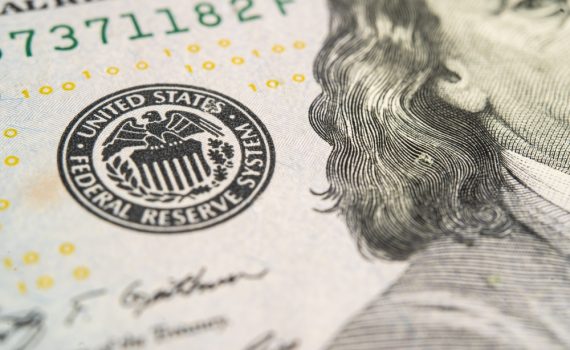Two marquee macro reports this week—payrolls and the CPI—offered mixed signals on the economy. Our call for three Fed cuts this year stands. Mixed data signals continue around the globe.
State Street Investment Management
As the new year begins, there is emergence of five distinct areas of the US market that warrant attention. These focus areas may overlap or diverge in their impact and relevance.
While the near-term market effect of the US capture of Venezuelan President Nicolas Maduro is minimal—beyond select US oil refiners, Venezuelan sovereign bonds, etc.—Maduro’s capture is a major geopolitical event with profound implications for the future.
The tactical USD view moved from neutral to negative as a dovish Fed pivot pressured the currency. Softer labor data and rising expectations of a December rate cut halted the earlier USD recovery and kept it rangebound.
The US utilities sector is entering a transformative phase, fueled by structural demand shifts from electrification and the rapid adoption of AI.
The Fed is inching toward neutral territory but keeping its options open—because when you’re driving in the fog, you don’t hit the gas. A December cut “not a foregone conclusion,” was a statement that sent markets scrambling to recalibrate expectations.
US inflation is expected to settle in the upper 2% range through 2026, a level historically linked to strong corporate profits and healthy equity market returns, creating a favorable economic backdrop.
AI investment fuels a $1.1 trillion capex surge in the S&P 500, with IT returns soaring post-tariff. Meanwhile, AI transforms marketing by making high-quality ad creation affordable and narrowing the gap between big brands and small businesses.
The Fed’s glide path to neutral is intact, but late-cycle labor wobbles and sticky inflation keep us cautious: long duration, dry powder, and no heroics. Our base case for a soft landing remains intact, and market movements seem to agree.
Investors are turning to the euro and yen as safe havens amid rising global uncertainty and currency market volatility. Slowing US labor markets, tariffs, and an impending Fed easing cycle weigh on the dollar, adding to a bearish outlook.
Financials may shine post Fed rate cut, with strong fundamentals and earnings growth creating new investment opportunities in the sector.
Chair Powell signals potential rate cuts, UK inflation remains high, Japan’s CPI surprises, and global data releases offer mixed signals on growth, sentiment, and monetary policy direction.











